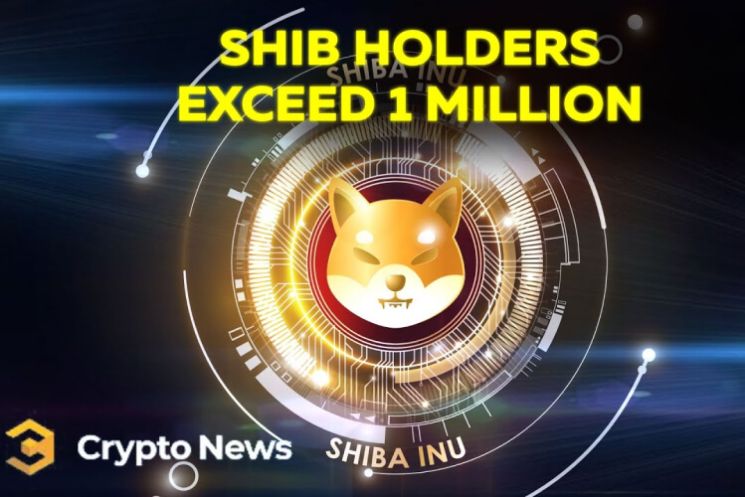- Bitcoin and major altcoins rise after Ukraine tension
- Russian authorities can’t agree on crypto legislation
- China and $NEO team up to create a new blockchain
- US SEC investigates Binance US affiliates
Bitcoin and major altcoins rose after Russia said it was receptive to a diplomatic solution to tensions on the Ukraine border. Investors were feeling more confident on Tuesday, which was good for stocks and for crypto. At the time of publication, bitcoin was trading over $44,400, a 4% increase over the previous 24 hours. Ether, the second-biggest crypto by market cap, pushed past $3,150 and was up almost 8% over the same period.
Meanwhile in Russia, the Central Bank and the Finance Ministry did not shake hands on a single solution regarding cryptocurrency regulations. While some reports indicated that Russia will not ban digital assets, it is still uncertain what legislation it will impose. President Vladimir Putin stood between the two institutions and urged them to “come to some kind of unanimous opinion” on the matter. In any case, he did not favor the central bank’s proposal, opining that cryptocurrency mining could be beneficial to Russia.
China continues its foray into the field of cryptocurrencies. The country launched its very own Blockchain Service Network – BSN – and is now teaming up with $NEO to create a permissionless chain. The China-native $NEO ecosystem will be creating a permissioned chain called Jiuquan – this will be one of the ten blockchains that will form the Chinese blockchain-based ecosystem. China has previously announced that it will have its own take on the NFT industry, although non-fungible tokens will be based on the Distributed Digital Certificate standard.
According to a report, the U.S. Securities and Exchange Commission has launched a probe into Binance.US, the US-based arm of the cryptocurrency giant. Merit Peak Ltd and Sigma Chain AG, the two trading companies linked to Binance CEO Changpeng Zhao, are at the center of the investigation, with the securities watchdog working to determine how exactly they are related to the subsidiary. Trading platforms are required by law to disclose the names of affiliated market makers since they could likely get an unfair advantage over other traders by being able to execute their trades in a more efficient manner.
 cryptonews.net
cryptonews.net
